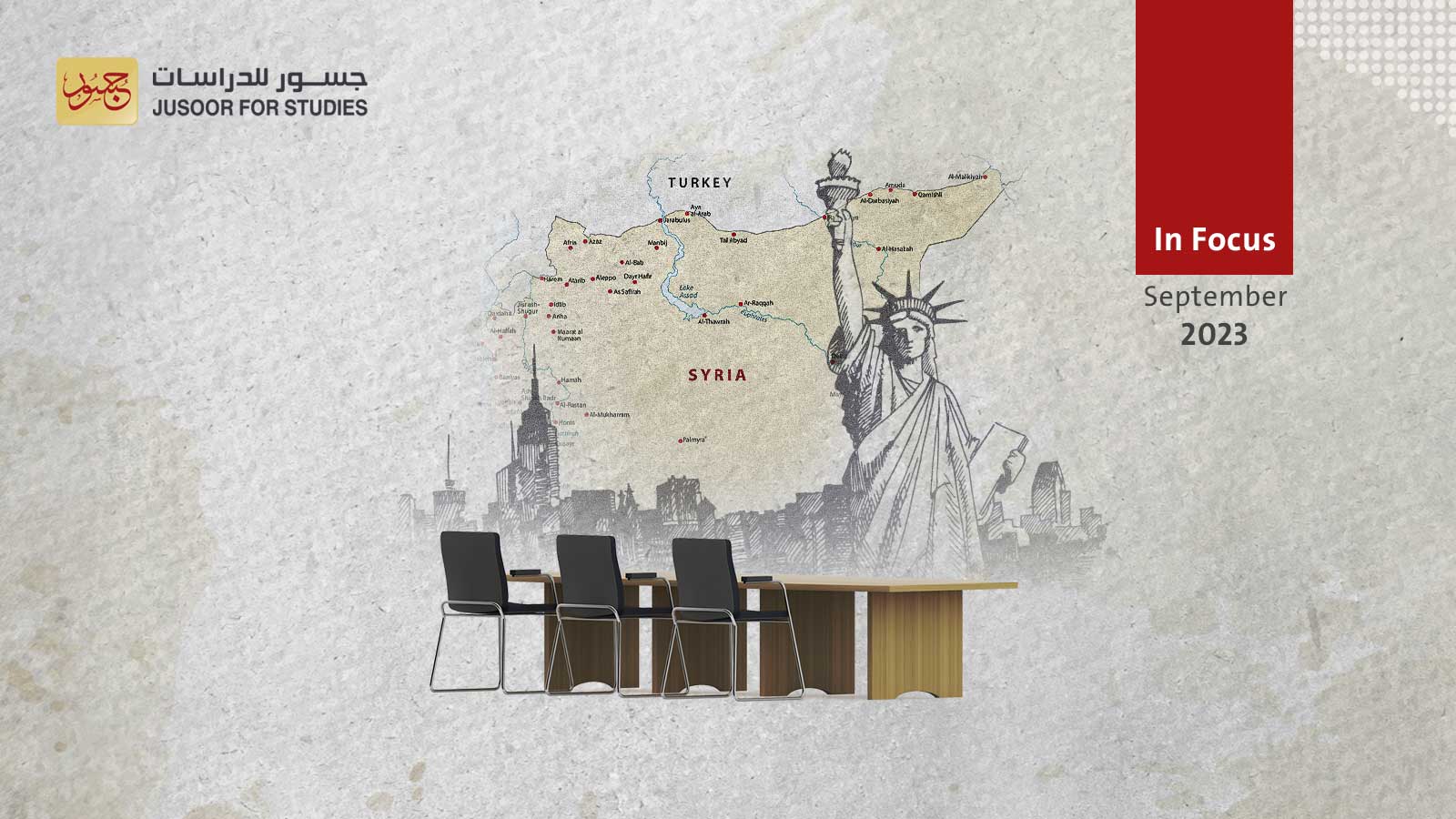Another Astana-Format Meeting in New York on Syria: Messages and Implications
On September 22, 2023, under the leadership of Iran, a meeting in the Astana format was held on the sidelines of the 78th session of the United Nations General Assembly in New York. The foreign ministers of the three guarantor states, Turkey, Russia, and Iran, participated in the meeting.
Out of 7 meetings at the level of heads of states, and 3 meetings at the foreign ministers' level, this is the second one held outside the three countries or outside the capital of the host country, Astana. It's also the second meeting of the Astana track since its inception in 2016 to be held at the United Nations headquarters, in comparison to 6 similar previous UN sessions.
In both meetings that were held in New York, no joint concluding statement was issued. While Turkey limited itself after the previous meeting to a statement by its foreign minister, no statement or declaration was made regarding the recent meeting. In contrast, the Russian and Iranian foreign ministries issued separate statements addressing the need to address humanitarian issues, lift sanctions on the Syrian regime, engage in reconstruction, and facilitate the return of refugees.
In contrast to previous joint statements, the recent declarations from the Russian and Iranian foreign ministries did not address issues traditionally associated with Turkey's concerns. Topics like opposition to separatist movements, initiatives on autonomous governance, and threats to the security of neighboring nations were notably absent. Furthermore, there was no mention of the pivotal Resolution 2254 (2015) related to a political solution in Syria. While the Russian statement indicated an interest in the constitutional committee's work, the Iranian commentary remained silent on this matter.
Turkey has traditionally emphasized the significance and role of Resolution 2254 in the political process during joint meeting statements. However, the omission of any reference to it in the statements of Russia and Iran reveals their inclination to further hinder the political solution and diminish the United Nations' role in it, making it more nominal. This approach alleviates pressure on the Syrian regime, especially if the constitutional committee continues its work, whether in Muscat or Geneva, where discussions can be easily reduced to mere modifications of the 2012 constitution.
It's evident that both meetings held at the UN headquarters, alongside the General Assembly sessions, were initiated by the Astana track nations, not by the United Nations. Despite this, the UN Special Envoy Geir Pedersen chose to attend, whereas it might have been more appropriate for him to abstain, viewing these meetings as distinct Astana track activities. Alternatively, he could have arranged separate consultations with the Astana nations in New York. This approach would safeguard the integrity of the UN process from being overshadowed by the Astana track. Regardless, this oversight might be addressed by pinning the responsibility on Russia for stalling the ninth round of the constitutional committee during the envoy's upcoming briefing to the Security Council on September 27. Shifting meetings from Geneva lacks justification, especially when the attendance dynamics for Russian delegations remain consistent whether in Geneva or New York.
Lastly, conducting the Astana meeting at the United Nations, especially amidst the stagnation of the UN track and in the absence of signs of possible progression in the near future, is intended to convey a message. It emphasizes that the Astana format is currently the only effective mechanism, suggesting that the solutions derived from it could potentially serve as alternatives to those proposed by the UN process.








